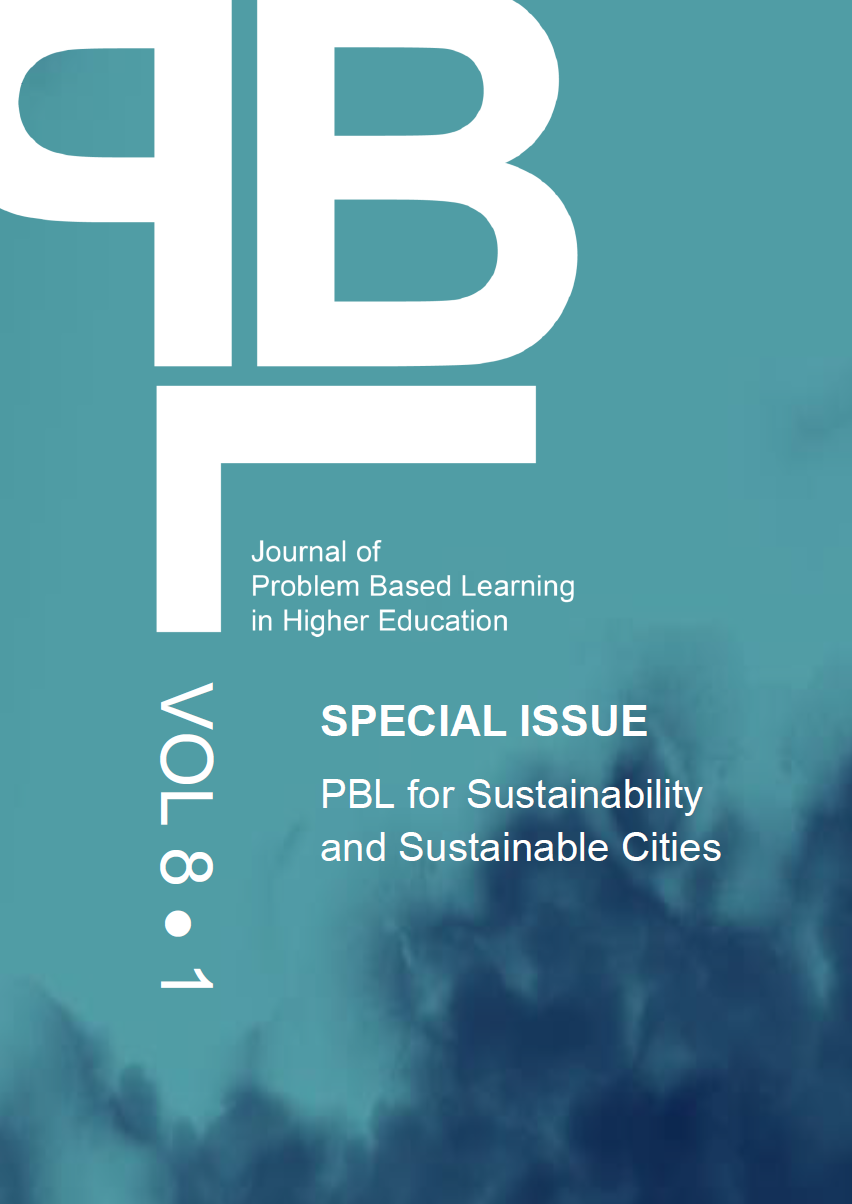Abstract
Shifting from a traditional lecture-based teaching approach to a student-centred approach, such as Problem-Based Learning (PBL), demands significant changes in Higher Educational Institutions (HEIs). It requires changes for teachers, students, institutional management, and even the physical learning environment. Once a university is not designed from the beginning to insert this type of pedagogy, it is difficult to promote a change of this nature if the institution is committed to a more traditional pedagogical approach. Therefore, introducing PBL as an important innovation faces problems of conservatism, institutional inertia, path dependency, lack of knowhow and knowledge among teachers, poor institutional support, and poor connection with societal and economic actors. This article presents the World Café technique as a participatory method to identify and overcome some of the challenges when implementing a PBL approach. We confront the results of the Citylab World Café with the challenges identified in the literature. The authors identify three aspects of the implementation process of PBL in HEIs that can be facilitated through the World Café technique: (1) understanding the principles of PBL through engaging in a constructive dialogue, (2) fostering critical reflections about teaching and learning practises, and (3) changing the organisational culture by promoting collective sense-making and the construction of meaning.
Articles published in Journal of Problem Based Learning in Higher Education are following the license Creative Commons Attribution 4.0 (CC-BY)
Authors retain copyright and grant the journal right of first publication with the work simultaneously licensed under a Creative Commons Attribution 4.0 International License (CC-BY). Further information about Creative Commons
